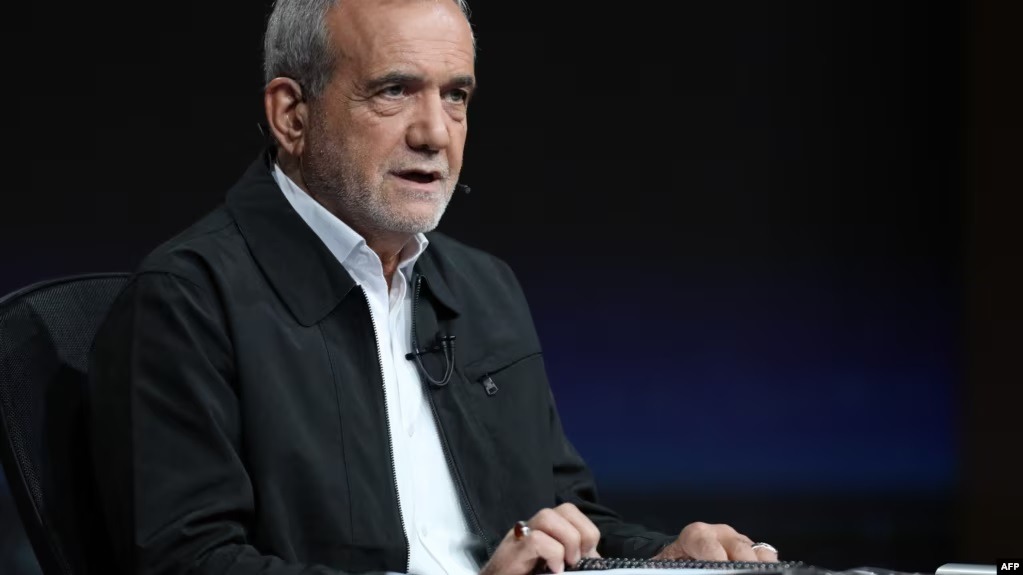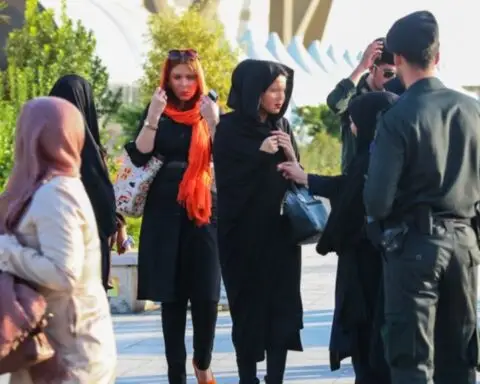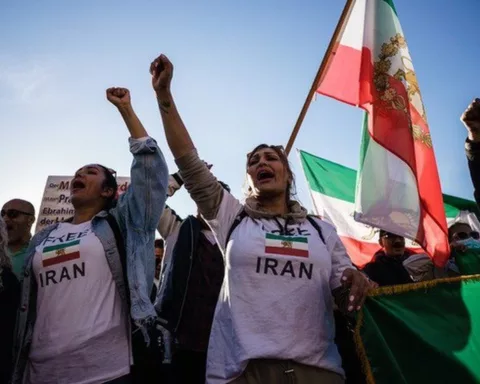Reformist lawmaker Masud Pezeshkian has won Iran’s July 5 runoff presidential election against ultraconservative candidate Saeed Jalili and will become the ninth president of the Islamic Republic of Iran.
A former health minister, Pezeshkian has been representing the ethnic Azeri majority province of East Azerbaijan in the Iranian parliament for the past 16 years.*
Pezeshkian led the field of four candidates in the first round of Iran’s presidential election on June 28, taking 42.5 percent of the vote. On July 5, he secured 53.6 percent of the ballots.
Despite more than 20 years in politics, Pezeshkian has not faced any corruption allegations and has not been implicated in any political scandals.
Pezeshkian was born in the Kurdish-majority city of Mahabad in West Azerbaijan Province and speaks fluent Kurdish and Azeri.
A physician by training, Pezeshkian went to the front lines during the 1980-88 Iran-Iraq War to fight and serve as a medic. He specialized in cardiac surgery after the war.
The 70-year-old also worked in academia, serving as the head of Tabriz University of Medical Sciences from 1994 to 1999.
Pezeshkian entered politics shortly after leaving the university, moving to Tehran in 2000 to serve as deputy health minister in the government of then-President Mohammad Khatami.
In 2001, Khatami named Pezeshkian as his health minister. Two years later, the parliament unsuccessfully tried to impeach Pezeshkian over what his critics said were bad appointments and poor use of a World Bank loan, among other alleged failures.
In 2008, three years after leaving government, Pezeshkian ran for parliament and finished first in the Tabriz constituency. He has been elected to parliament for five consecutive four-year terms.
From 2016 to 2020 — when moderates and reformists controlled the legislature — Pezeshkian served as one of two deputy speakers of parliament.
Pezeshkian ran for president in 2013 but dropped out without endorsing anyone. He tried his luck again in 2021 but he was disqualified from running by the Guardians Council, a constitutional watchdog that also vets candidates running in major elections.
Pezeshkian often recites the Koran and is an expert on Nahjul Balagha, a compilation of sermons and sayings attributed to the first Shi’ite imam, Ali. The book holds a special place among Shi’a in Iran.
The former health minister has been critical of the Islamic republic’s hijab-enforcement policies, warning in 2023 that it was only encouraging people to hate religion.
He has expressed an openness to negotiations with the West and has in the past criticized chanting against other countries, including the United States.
But Pezeshkian has also spoken in support of the Islamic republic’s principles and insisted that policies set out by Supreme Leader Ayatollah Ali Khamenei should be followed.
Earlier this year, Pezeshkian said Khamenei’s intervention had ensured that he was not disqualified from running in parliamentary elections in March.
He has spoken in defense of minority rights, but his critics have accused him of pandering to nationalist sentiments among Iran’s ethnic Azeris. He has denied the allegations.






